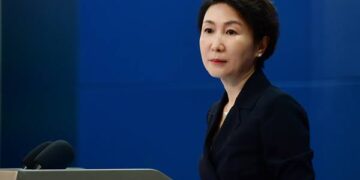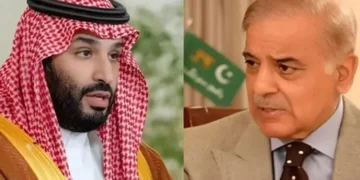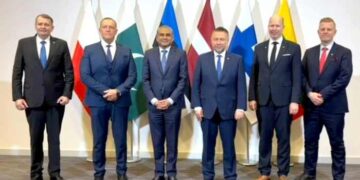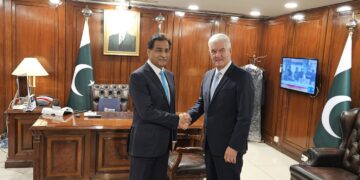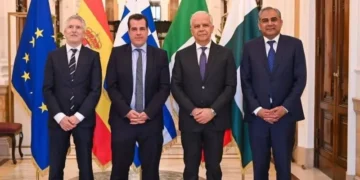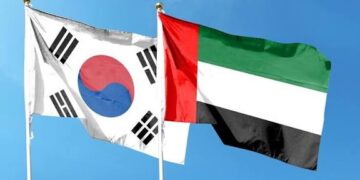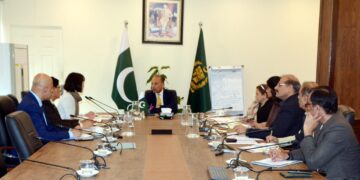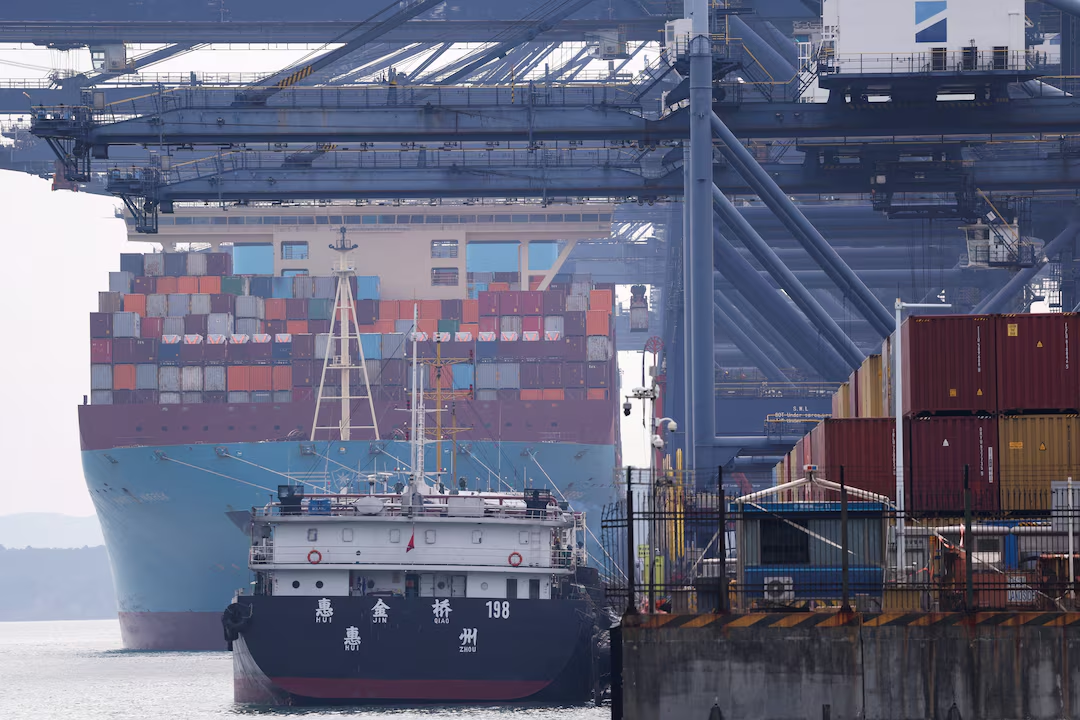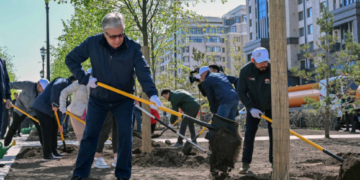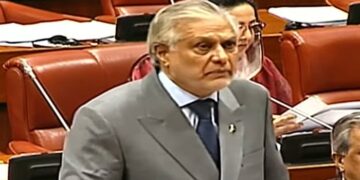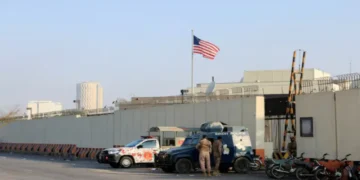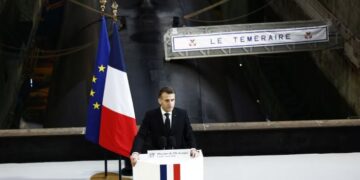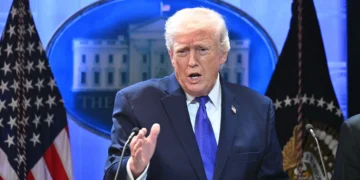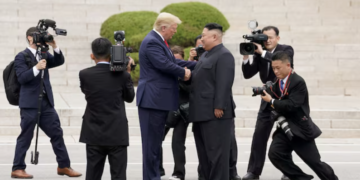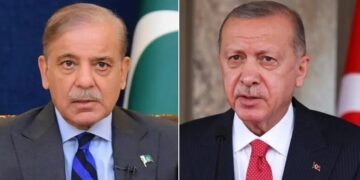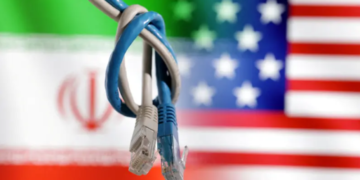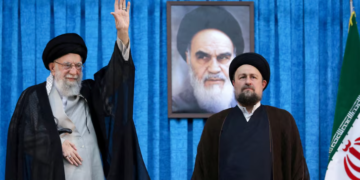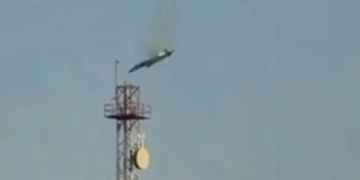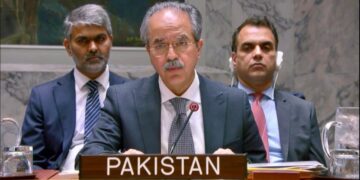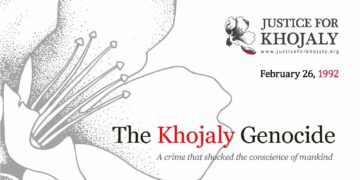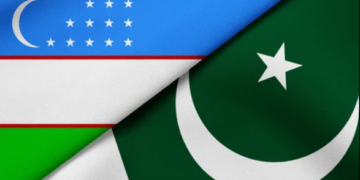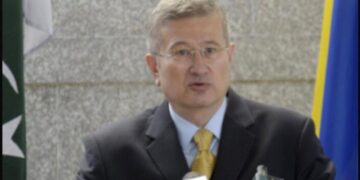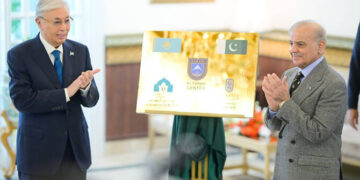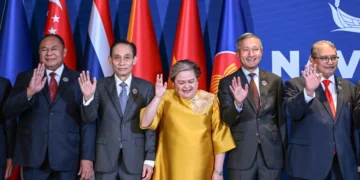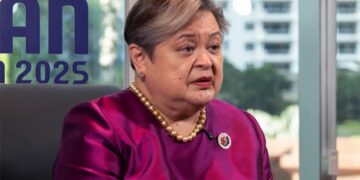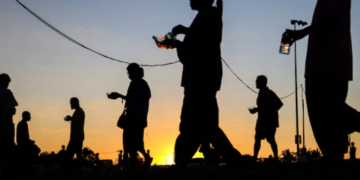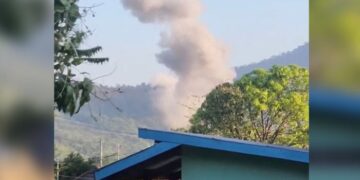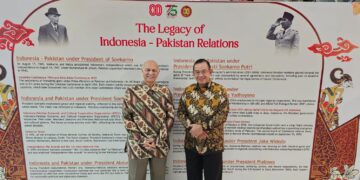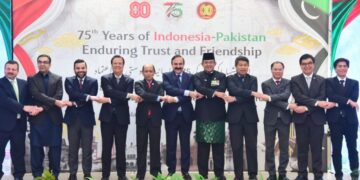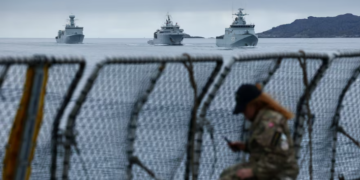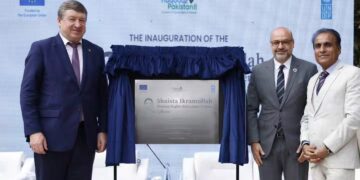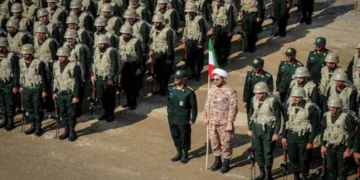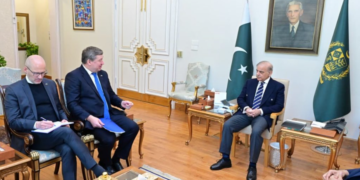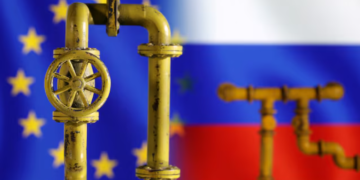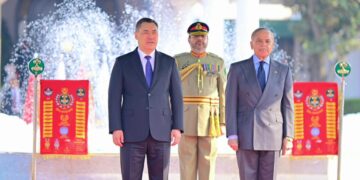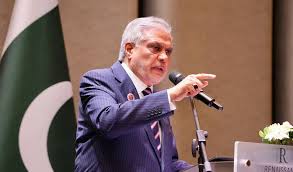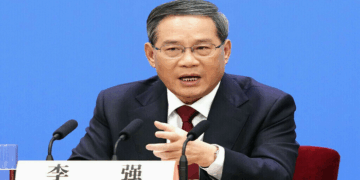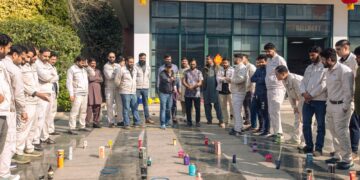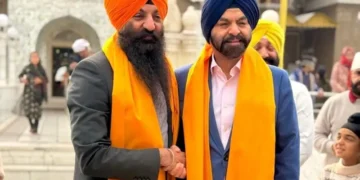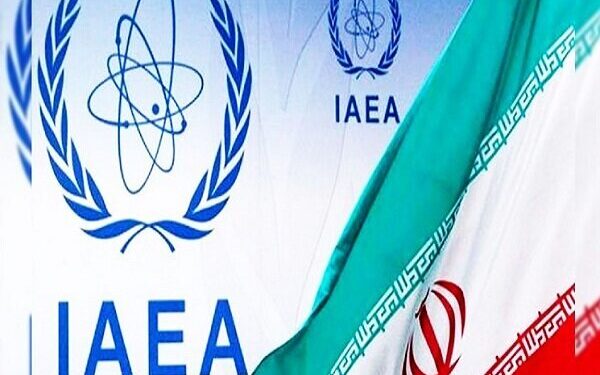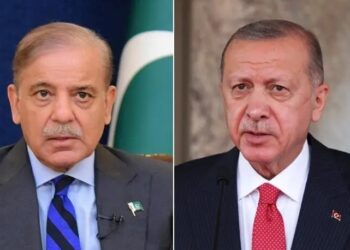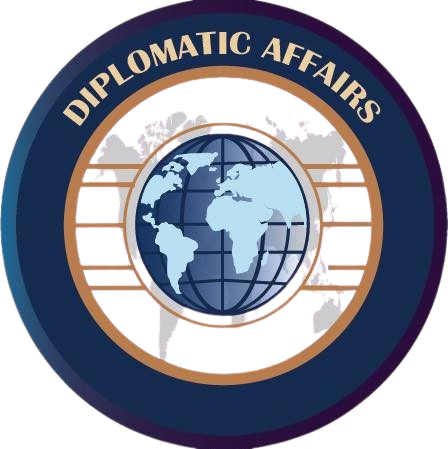TEHRAN; Iran’s foreign minister announced on Sunday that cooperation with the United Nations nuclear watchdog has lost its relevance following the reinstatement of international sanctions against Tehran.
“The Cairo agreement is no longer relevant for our cooperation with the IAEA,” Foreign Minister Abbas Araghchi said, referring to a framework deal reached in September with the International Atomic Energy Agency. The agreement had been designed to resume inspections and collaboration after Tehran halted cooperation in response to Israeli and US strikes on its nuclear sites in June.
However, Iran now considers the deal insignificant after Britain, France, and Germany — all signatories to the 2015 nuclear accord — triggered the snapback mechanism to restore UN sanctions over Tehran’s non-compliance.
Araghchi told foreign diplomats in Tehran that the three European countries had overestimated their leverage. “They thought they had a tool in their hands, threatening to implement a snapback. Now they have used this lever and seen the results. They have definitely diminished their role and almost eliminated the justification for negotiations with them,” he said.
He added that the European trio will play a far smaller role in any future diplomatic engagement regarding Iran’s nuclear file.
Tehran also criticised the IAEA for not condemning the strikes by Israel and the US on its nuclear installations, despite Iran being a signatory to the Non-Proliferation Treaty (NPT). Western countries, led by the United States and supported by Israel, accuse Iran of pursuing nuclear weapons, considering uranium enrichment a red line.
Iran rejects these allegations, maintaining that its nuclear programme is for civilian purposes and falls within its rights under the NPT. Some Iranian lawmakers have suggested withdrawing from the NPT, but President Masoud Pezeshkian has stated that Iran will remain committed to its treaty obligations.
Araghchi said Tehran will announce its decision regarding future cooperation with the IAEA in due course, noting that diplomatic channels remain open. Talks between Iran and the United States, which began in April to explore a new nuclear agreement, stalled after the June attacks on Iranian sites. Tehran has accused Washington of undermining diplomacy and has demanded guarantees and recognition of its rights before any negotiations can resume.

